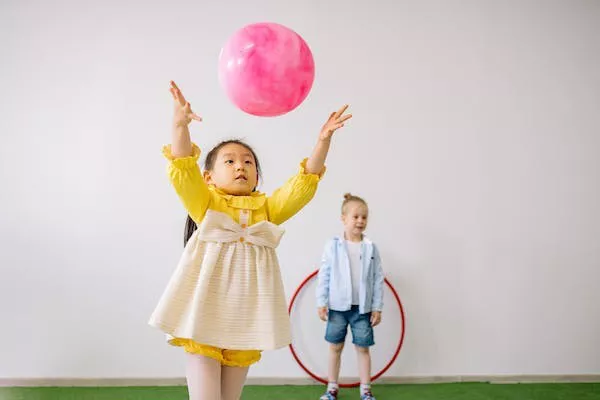As children grow and navigate the complexities of social interactions, friendships play a crucial role in their emotional development. While fostering positive relationships is essential, it is equally important for parents and guardians to be aware of the existence and impact of toxic friendships. Toxic friends can exert a negative influence on a child’s well-being, leading to emotional distress, low self-esteem, and compromised mental health. In this article, we will explore what constitutes a toxic friend for kids, common signs to watch out for, and strategies for parents to address these situations.
Understanding Toxic Friendships
Toxic friendships refer to relationships that are characterized by negativity, manipulation, and a lack of genuine care and support. In the context of children, toxic friends can be emotionally draining, controlling, and harmful to their social and emotional development. These friendships may lead to feelings of isolation, anxiety, and even depression in young minds.
Identifying Signs of Toxic Friends
Constant Criticism: Toxic friends often resort to constant criticism and belittlement. They may mock their peers’ appearance, abilities, or interests, eroding their self-esteem over time.
Manipulative Behavior: Children in toxic friendships may be manipulated into doing things they are uncomfortable with or that go against their values. Manipulative friends may also use emotional blackmail to gain control.
Lack of Empathy: Toxic friends display a lack of empathy and fail to understand or support their peers’ emotions. They may dismiss feelings or react indifferently to their friends’ struggles.
One-Sided Friendship: Toxic friendships are typically one-sided, where one child consistently gives more effort and care than the other. The toxic friend may only reach out when they need something and ignore their friend’s needs.
Spread of Rumors and Gossip: Toxic friends may engage in spreading rumors, gossip, or lies about their peers, causing harm to their reputation and friendships.
Controlling Behavior: Toxic friends may try to control their peers’ actions, decisions, or friendships, isolating them from other positive influences.
Emotional Rollercoaster: Children in toxic friendships may experience emotional highs and lows depending on their friend’s moods. They might feel drained and anxious around their toxic friend.
The Impact of Toxic Friendships on Children
The effects of toxic friendships on children can be profound and long-lasting. Some of the common impacts include:
Low Self-Esteem: Constant criticism and negativity from toxic friends can significantly lower a child’s self-esteem, leading to feelings of worthlessness.
Anxiety and Stress: Being in a toxic friendship can cause heightened levels of anxiety and stress as children may feel uncertain and constantly on edge.
Academic Decline: Toxic friendships can distract children from their studies, leading to a decline in academic performance.
Social Isolation: Paradoxically, toxic friendships can lead to social isolation as the child may distance themselves from other peers to avoid the negative influence.
Emotional Turmoil: Children may experience emotional turmoil due to the rollercoaster nature of toxic friendships.
Mental Health Issues: Long-term exposure to toxic friendships can contribute to the development of mental health issues such as depression and anxiety.
Strategies for Addressing Toxic Friendships
Open Communication: Encourage open communication with your child. Create a safe space for them to share their feelings about their friendships without judgment.
Teach Healthy Boundaries: Help your child understand the importance of setting healthy boundaries and recognizing when those boundaries are being crossed.
Role-Modeling Positive Relationships: Demonstrate healthy friendships in your own life and talk to your child about the qualities of a supportive friend.
Encourage Diverse Friendships: Encourage your child to participate in activities and groups where they can meet new peers and make diverse friendships.
Problem-Solving Skills: Teach your child problem-solving skills to handle conflicts and challenges within their friendships.
Conclusion
Toxic friendships can have significant and detrimental effects on a child’s emotional well-being and overall development. As parents and guardians, it is essential to remain vigilant, identify the signs of toxic friendships, and employ strategies to address these situations effectively. By fostering open communication and teaching healthy boundaries, parents can empower their children to navigate the complexities of friendships and develop positive, supportive connections that contribute positively to their lives.


